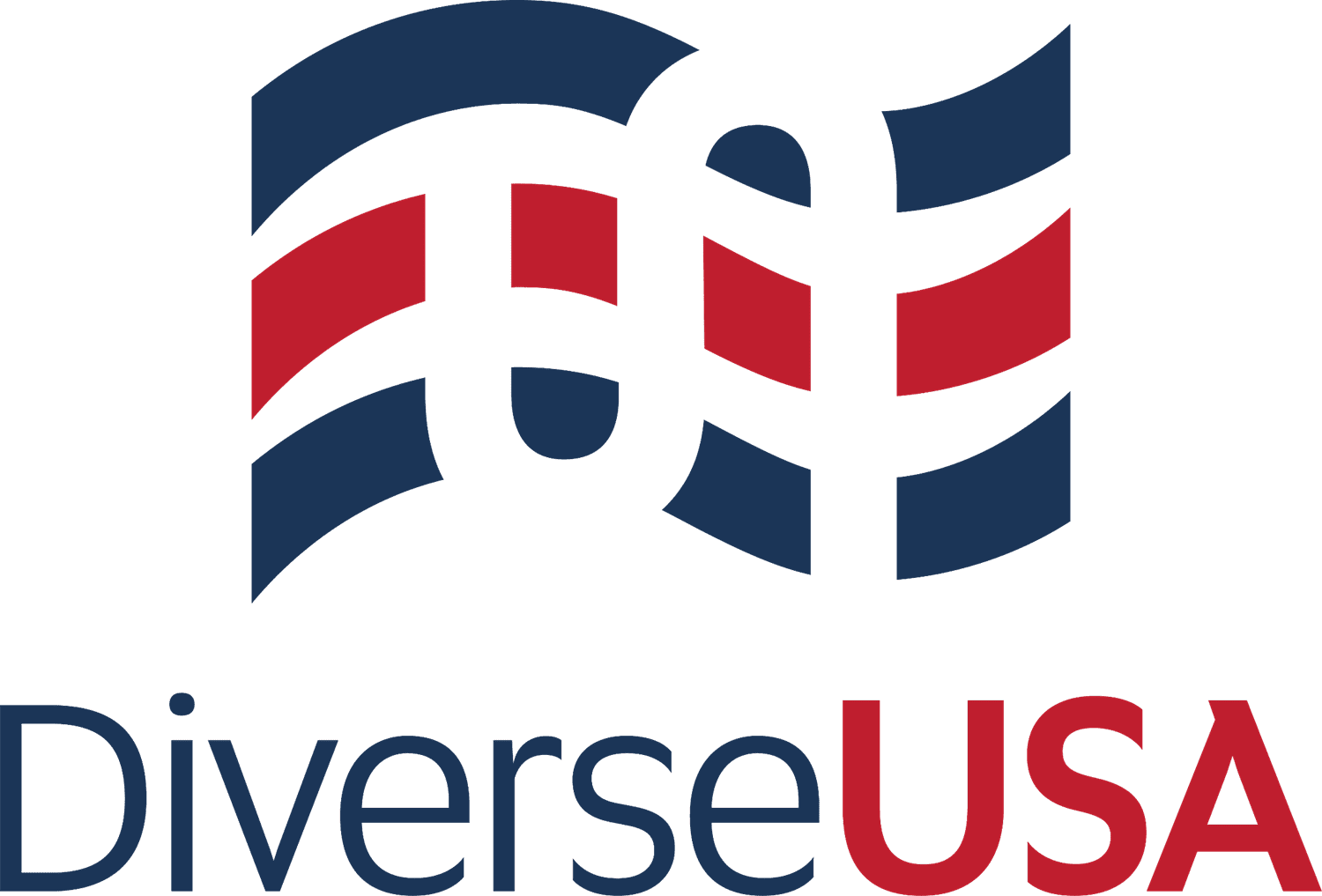

Generational Diversity & Associated Definitions
There are seven generations of Americans in the 20th and 21st Century. These are groupings of people generally by 15-year periods, depending on the source, and are referred to as:
The Greatest Generation (or GI Generation) refers to those born between 1901 and 1927.
The Silent Generation refers to those born between 1928 and 1945.
(Collectively, known as Traditionalists, refers to those born before 1946.)
Baby Boomers refers to those born between 1946 and 1964.
Generation X refers to those born between 1965 and 1980.
Generation Y refers to Millennials, are those born between 1981 and 1995.
Generation Z refers to Centennials or Post-Millenials, are those born between 1996 and 2010.
Generation Alpha refers to those born before 2011 and 2025.
Why does it matter to categorize people by generation? In today’s workforce, Americans are working longer, many well into their sixties and seventies. This means that in a given workforce there may be multiple generations shoulder-to-shoulder working to accomplish the mission, but approaching their work and priorities with entirely different sets of expectations, values, perspectives, education, experiences, social norms, habits, and goals.
Understanding these generational differences, and Leveraging these generational differences is necessary to fulfilling the requirements of Executive Order 14035, on Diversity, Equity, Inclusion, and Accessibility in the Federal Workforce, which states:
“As the Nation’s largest employer, the Federal Government must be a model for diversity, equity, inclusion, and accessibility, where all employees are treated with dignity and respect. Accordingly, the Federal Government must strengthen its ability to recruit, hire, develop, promote, and retain our Nation’s talent and remove barriers to equal opportunity. It must also provide resources and opportunities to strengthen and advance diversity, equity, inclusion, and accessibility across the Federal Government. The Federal Government should have a workforce that reflects the diversity of the American people. A growing body of evidence demonstrates that diverse, equitable, inclusive, and accessible workplaces yield higher-performing organizations.”
Some Relevant Articles:
~ Why Flexible Work Is Essential to Your DEI Strategy

